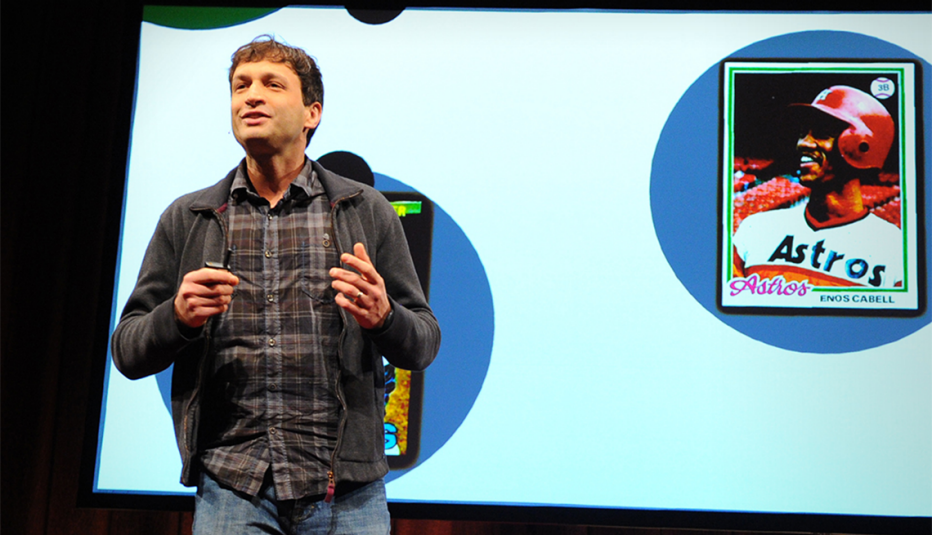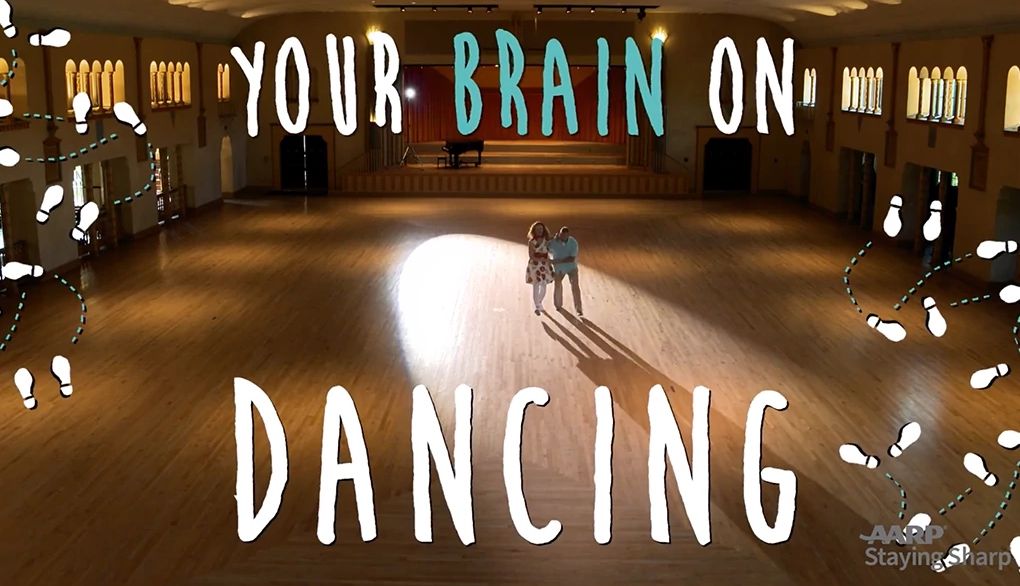Challenges
- right_container
- Assessment
- Challenges
- 6 Pillars of Brain Health
- Memory & Focus
- Best Of
- Recipes
- Videos
- Games
UHCRA
Prudential
One Pass
MS15
The Power of Social Connections
Strong relationships enhance emotional well-being and support cognitive health. Discover how to build lasting social bonds that will serve you well in the years ahead.


Be Social
Start a Meaningful Conversation
Moving beyond small talk can strengthen connections


Test Your Knowledge
Fact 2: Being socially disconnected is as bad as...
It’s as bad as smoking 15 cigarettes a day! Yes, when the U.S. surgeon general announced that, we were stunned too.


Test Your Knowledge
Fact 3: It’s possible to build a social life as you get older.
True! Finding ways to reconnect with old friends or make new ones is good for the brain and may reduce the risk of dementia. Finding your tribe — tribes, even — through family, clubs, religious groups, volunteering — one-on-one or in groups — is important. Being Social is one of the six pillars of brain health, so we’ve got a slew of information and ideas to help you expand your social circles.
- Fact 1
- Fact 2
- Fact 3
Why Social Time Equals Good Times




TED Talks
3 ways community creates a healthy life
Kickstart a healthy life by tapping into the collective power of a community
CONTENT CONTINUES AFTER ADVERTISEMENT
Take Action to Boost Your Social IQ


TED Talks
10 ways to have a better conversation
When your job hinges on how well you talk to people, you learn about conversations








TED Talks
How miscommunication happens (and how to avoid it)
How we can minimize frustration while expressing ourselves better
Legal Disclaimer: Staying Sharp, including all content and features, is offered for informational purposes and to educate users on brain health care and medical issues that may affect their daily lives. Staying Sharp is based on a holistic, lifestyle approach to brain health that encourages users to incorporate into their daily lives activities that are associated with general wellness. Nothing in the service should be considered, or used as a substitute for, medical advice, diagnosis, or treatment. Features including the Cognitive Assessment and Lifestyle Check-Ins, Additional Tests, exercises, and challenges assess performance at a particular moment in time on certain discrete cognitive tasks. Staying Sharp games are intended for entertainment and recreational purposes only. Various factors may affect performance, including sleep, tiredness, focus, and other social, environmental, or emotional factors. Performance is not indicative of cognitive health and not predictive of future performance or medical conditions.
Unused AARP Rewards points expire 12 months after they are earned, in monthly batches on a rolling basis.
















